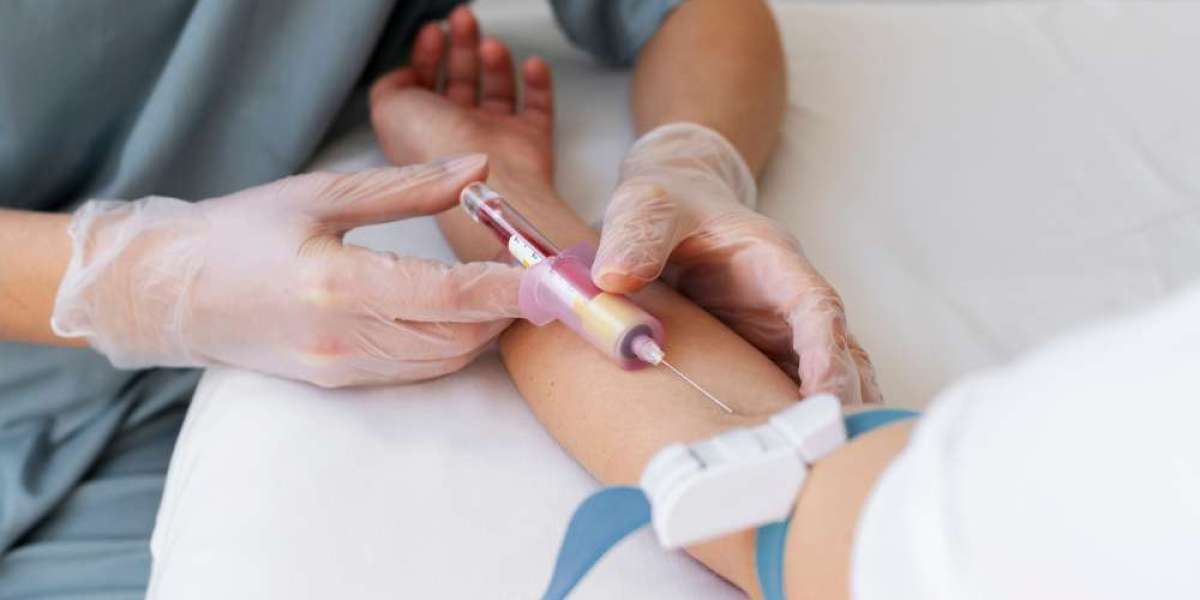Understanding Minor Surgeries in a Primary Care Setting
Minor surgeries are simple, low-risk procedures that can be performed in a primary care clinic without the need for hospitalization. These surgeries typically require local anesthesia, minimal recovery time, and are designed to address common medical concerns in a convenient, accessible setting.
Patients are often surprised to learn that primary care clinics are equipped to handle a wide range of these procedures safely and efficiently. For many people, this means quicker treatment, fewer referrals, and lower overall costs.
Common Types of Minor Surgeries
Many different types of minor surgeries can be performed within a primary care environment. These include:
- Wart or mole removal
- Skin biopsies
- Incision and drainage of abscesses
- Laceration repair with sutures
- Ingrown toenail removal
- Cyst excisions
These procedures are often recommended for diagnostic purposes, cosmetic reasons, or to prevent further infection or complications.
Preparing for a Minor Surgical Procedure
If your primary care provider recommends a minor surgery, you will typically receive detailed pre-procedure instructions. These may include avoiding certain medications, keeping the treatment area clean, or fasting if required (although this is rare for minor surgeries under local anesthesia).
It’s important to inform your healthcare provider about any allergies, medical conditions, or medications you are currently taking to ensure a smooth and safe experience.
What Happens During the Procedure
Minor surgeries in primary care are usually quick and straightforward. The general steps often include:
1. Local Anesthesia
The provider numbs the area using a local anesthetic to ensure you remain comfortable throughout the procedure.
2. Sterilization
The surgical site is cleaned thoroughly to minimize the risk of infection.
3. The Procedure
Depending on the issue, the provider may excise, drain, or close a wound using stitches. Most procedures take less than 30 minutes to complete.
4. Wound Care and Dressing
After the surgery, the site is covered with sterile dressings. Instructions for wound care will be provided before you leave.
Recovery and Follow-Up
Most patients return to their normal routines shortly after the procedure, though some may experience mild swelling, redness, or discomfort for a few days. Your provider will give personalized guidance for aftercare, including when to change bandages, signs of infection to watch for, and when to return for suture removal if necessary.
Timely follow-up visits ensure proper healing and give your provider the opportunity to monitor for any complications.
Benefits of Primary Care for Minor Surgeries
Choosing a primary care setting for minor surgical procedures offers many advantages:
- Faster access to care without waiting for a specialist
- Lower healthcare costs compared to hospital outpatient departments
- Familiarity and continuity with your regular healthcare provider
- Comfortable, community-based settings close to home
Absolute Urgent Care provides comprehensive primary care services, including a range of minor surgical procedures, helping patients manage common health issues efficiently.
When to Seek Minor Surgery
If you notice skin changes, persistent lumps, infections, or wounds that aren’t healing, it may be time to consult your provider. Timely evaluation helps ensure that small concerns don’t become more serious health issues. Minor surgeries often provide quick relief and help prevent long-term complications.
Patients at Absolute Urgent Care benefit from access to experienced providers and a streamlined care process designed to address health concerns with minimal disruption to their daily lives.
Choosing Quality Care
Whether it’s a skin biopsy or cyst removal, having a trusted provider makes the process less stressful. Clinics like Absolute Urgent Care are equipped with the tools and expertise needed to perform minor surgeries with precision and care. With clear instructions, safe environments, and patient-centered care, recovery is usually smooth and straightforward.
If you think you may need a minor procedure, scheduling a consultation with Absolute Urgent Care could be the first step toward resolving your health concern quickly and safely.



